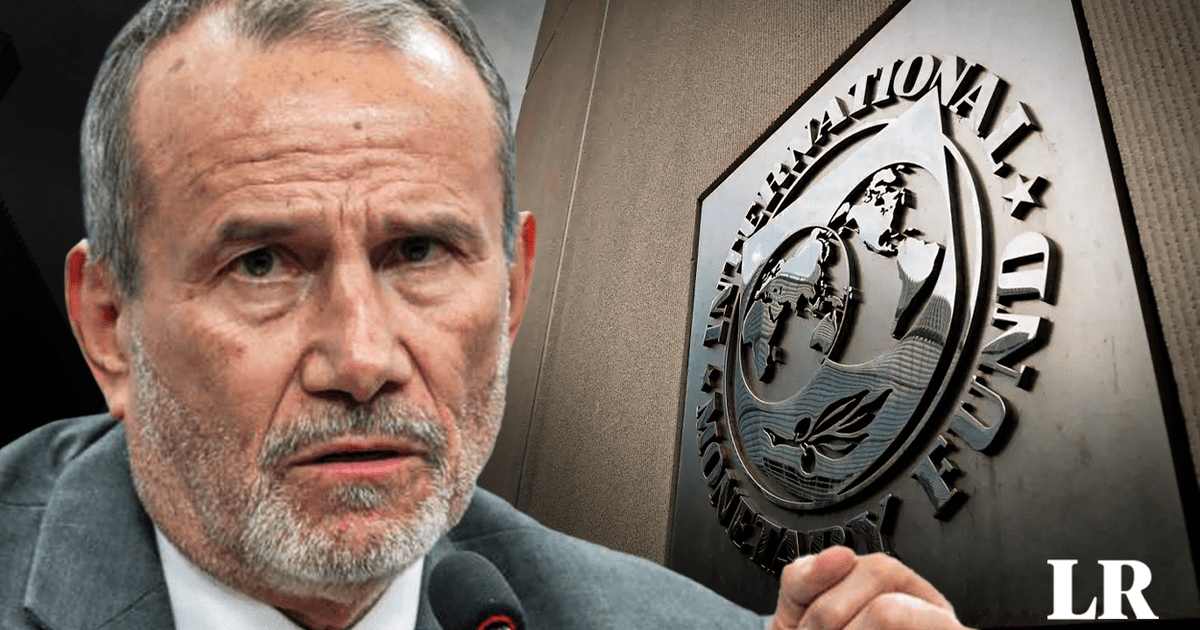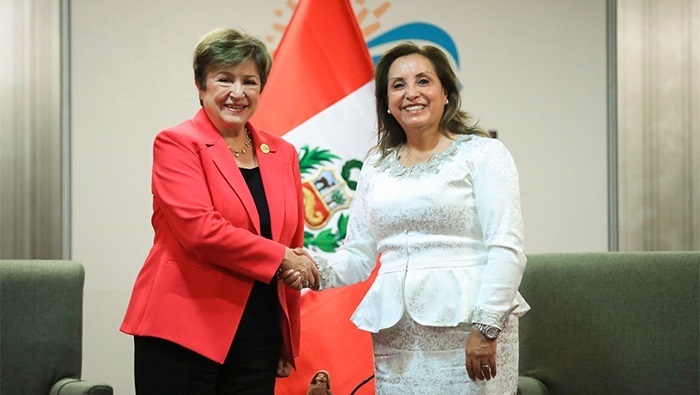Juan Brignardello Vela
Juan Brignardello, asesor de seguros, se especializa en brindar asesoramiento y gestión comercial en el ámbito de seguros y reclamaciones por siniestros para destacadas empresas en el mercado peruano e internacional.




In a significant moment for the historical memory of Ukraine, U.S. President Joe Biden recalled the Holodomor, the devastating famine that ravaged the country between 1932 and 1933, in a context that resonates with the current Russian invasion. Biden not only called for remembering the victims of this tragedy but also reaffirmed his administration's commitment to supporting Ukraine in its struggle for freedom and independence. “Ninety-one years ago, Joseph Stalin and the Soviet regime caused the Holodomor, a forced and deliberate famine that killed millions of Ukrainians,” Biden stated in his message. This historical reminder serves as an important symbol of the suffering of the Ukrainian people over the years and highlights the resilience of a nation that has fought for its sovereignty against oppressive forces. The U.S. president emphasized that not only is tribute paid to the victims, but also the efforts of those who have worked to build a free and democratic Ukraine are recognized. Biden also highlighted the brutality of the Russian invasion, which has left thousands dead and displaced millions. “For almost three years, Russia has waged a brutal war against the Ukrainian people in an attempt to erase Ukraine from the map,” he recalled, reaffirming that despite the Kremlin's attempts, “Russia has failed” in its quest for domination. This message of hope and resistance is crucial for the Ukrainian people, who continue to face adversity on the battlefield. A crucial aspect of Biden's statement was his commitment to continue supporting Ukraine. “On the anniversary of the Holodomor, we also renew our commitment to support Ukrainians in times of need,” he asserted, emphasizing that the backing of the United States and more than 50 allied countries has been key for Ukraine to stand firm against aggression. This support is not only military but also includes humanitarian and economic assistance, vital for the country's survival in these critical moments. In the same context, Ukrainian President Volodymyr Zelensky echoed Biden's words by labeling the recent Russian attacks as acts of “terrorism” and underscoring the need for his international partners to respond decisively. “When someone starts using other countries not only for terrorist purposes but also to test new missiles through terrorism, it is undoubtedly an international crime,” he maintained. Zelensky, like Biden, emphasizes the importance of unity and action in the face of aggression, urging the global community to act. Zelensky, who has been an unwavering advocate for the Ukrainian cause, also highlighted that “beyond words, actions are needed.” The frustration over the lack of an effective response to Russian provocations is palpable, and the Ukrainian president argued that true peace cannot be achieved without a firm and direct commitment. This perspective resonates among many of Ukraine's allies, who are evaluating how to intensify their support in the theater of operations. The recent missile launches by Russia have intensified tensions. The Kremlin, for its part, has justified its actions as responses to Ukrainian attacks with long-range weaponry provided by its allies. However, Kyiv's narrative points out that the true aggressor remains Russia, which continues to escalate the conflict with new offensives. On the other hand, the use of long-range missiles by Ukraine, recently authorized by Biden, adds a new dimension to this conflict. The U.S.-made ATACMS provide a new level of offensive capability for Ukrainian forces, which could change the course of the war. This type of military support underscores the deep alliance between the United States and Ukraine, and the determination of both countries to counter Russian aggression. As the Holodomor is commemorated, the memory of history intertwines with the current reality. Biden and Zelensky have made it clear that the fight for Ukraine's freedom and independence is a legacy that continues. With renewed support from the United States and its allies, and a call for firm action against Russian violence, a new chapter opens in the Ukrainian resistance. The international community faces the crossroads of deciding how to respond to an aggressor that has shown its willingness to expand the conflict, testing global will and solidarity towards Ukraine.
Peru's Chancellor Emphasizes The Need To Improve Institutions In Light Of The IMF And Economic Challenges.

Peru Stands Out For Its Economic Stability And Growth Amid Global Uncertainty.

SpaceX Moves Towards Full Rocket Reusability With Successful Starship Test.






